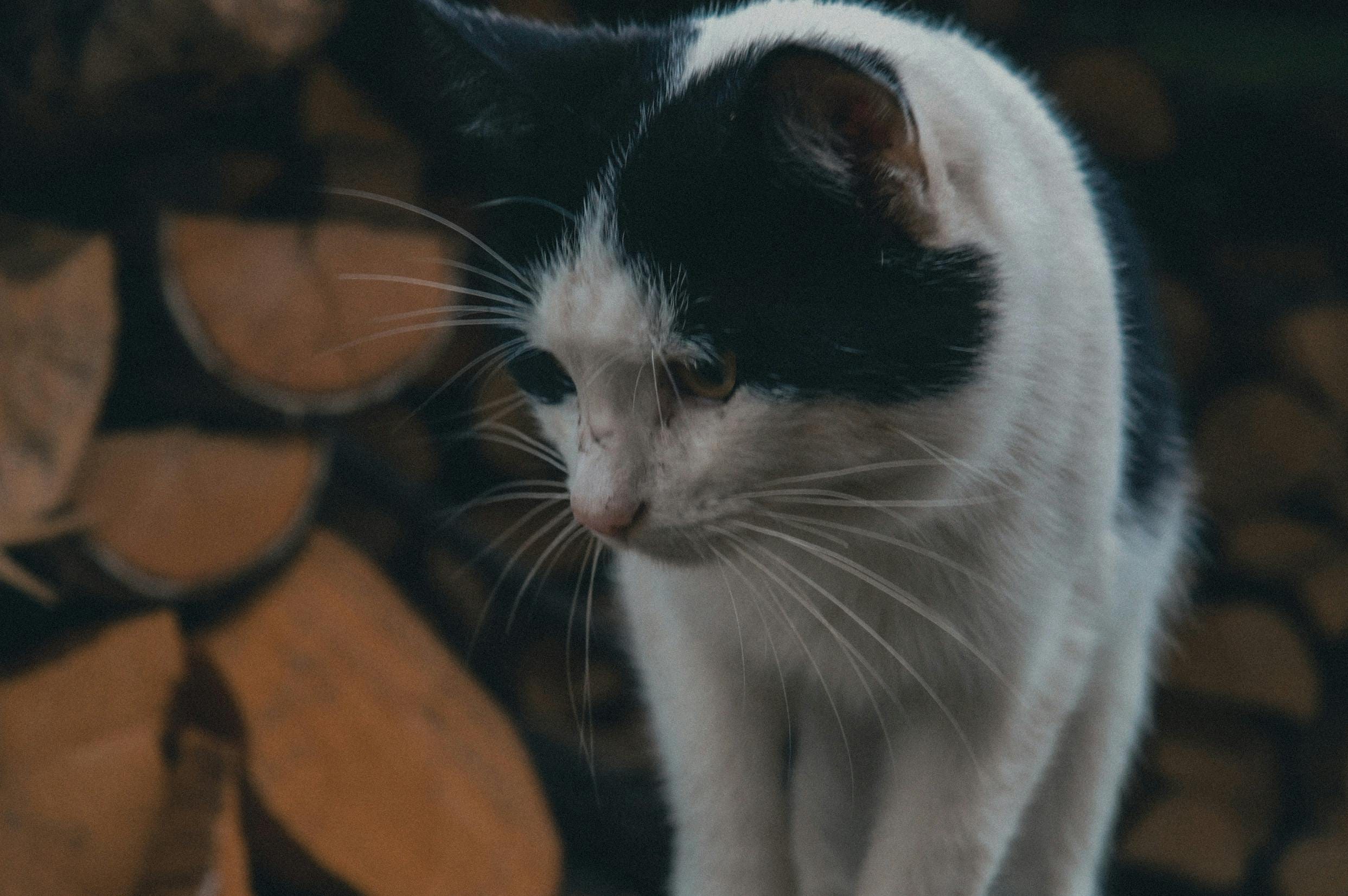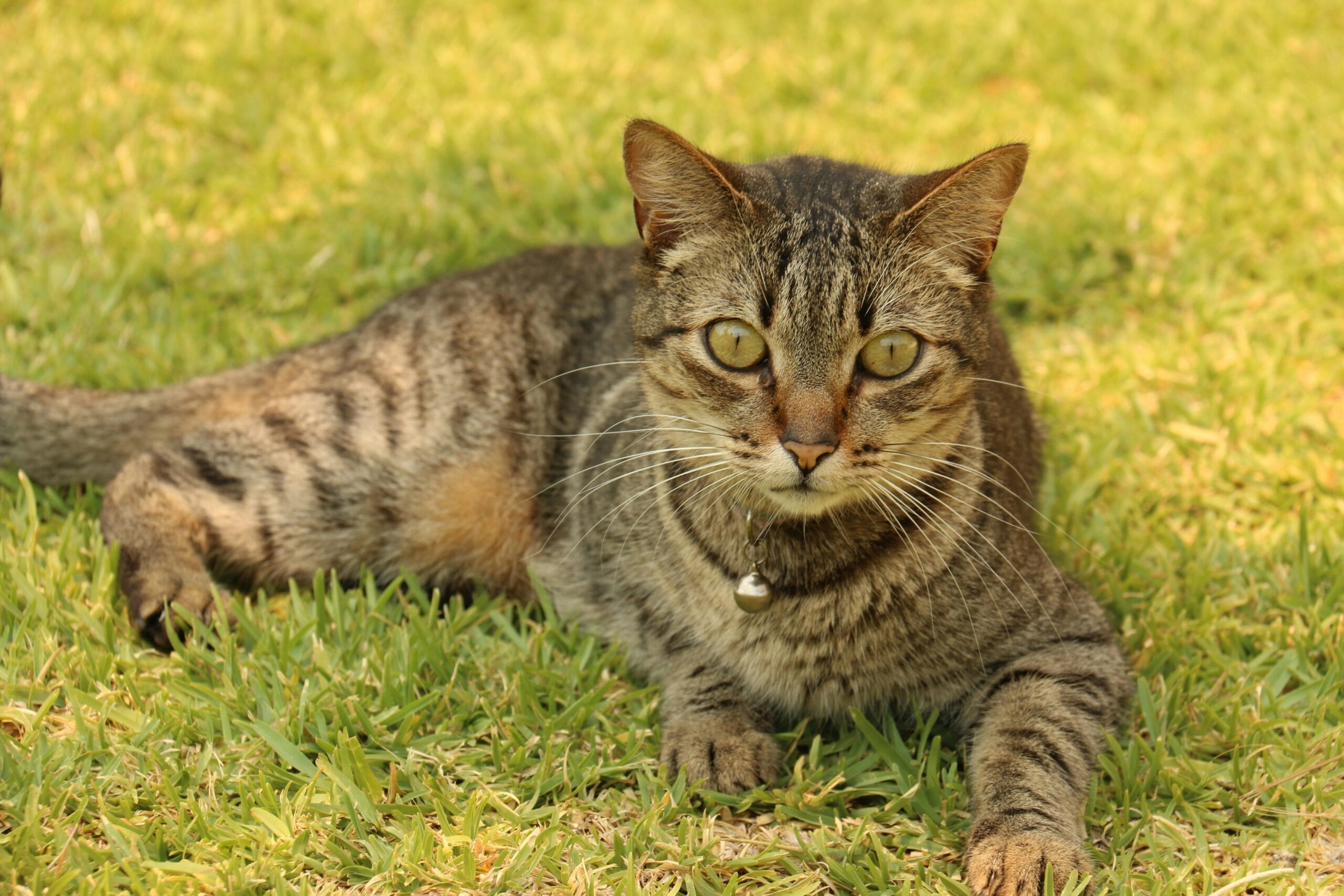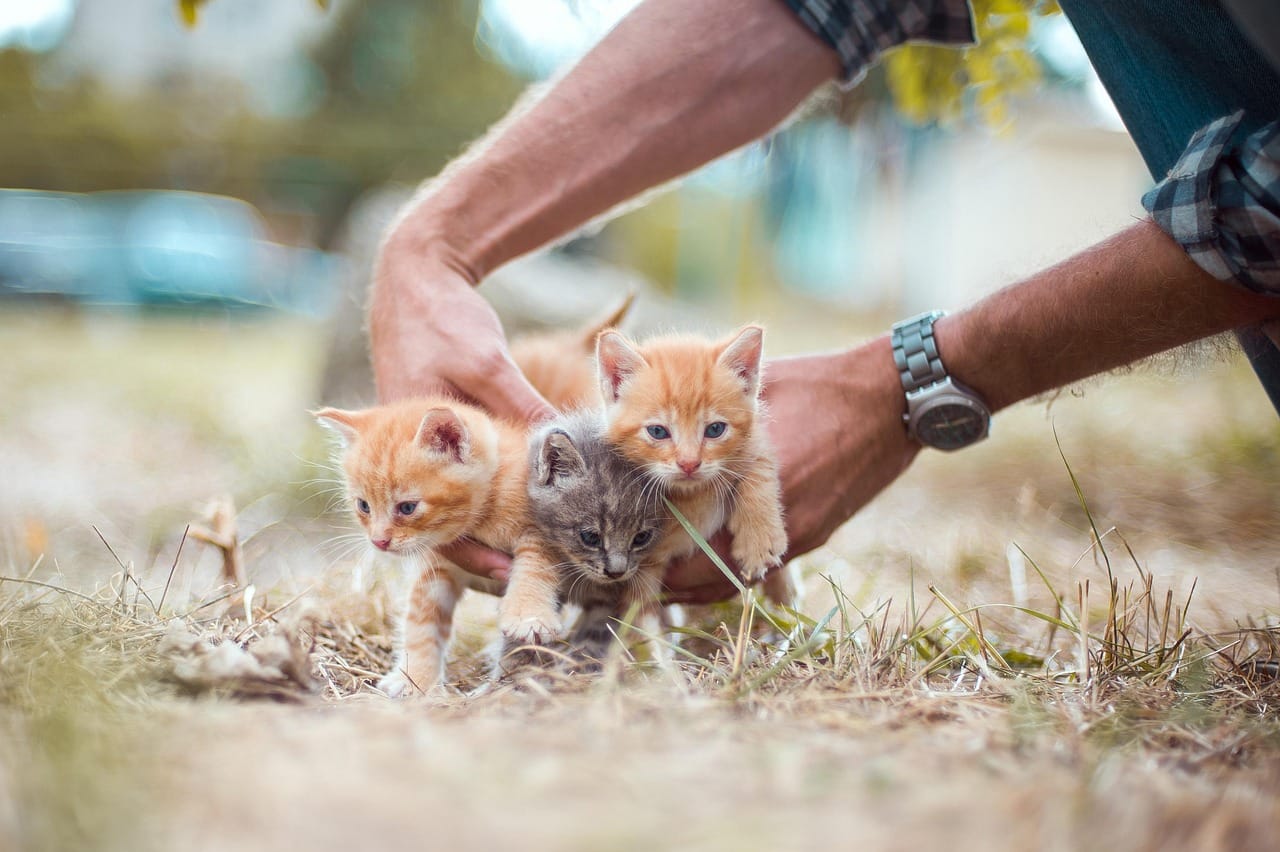How Do I Get My Kitten To Stop Biting? Learn proven tips & tricks to stop kitten biting behavior. Solve your kitten biting problems today! Get a happy, playful cat without the nips! Kitten biting? Find solutions now!
How Do I Get My Kitten To Stop Biting? A Comprehensive Guide
Bringing a new kitten into your home is an exciting experience, filled with playful antics and adorable purrs. However, the sharp teeth of a playful kitten can quickly turn a joyous occasion into a painful one. Many new kitten owners struggle with the issue of kitten biting. If you’re wondering, “How do I get my kitten to stop biting?”, you’re not alone. This comprehensive guide will provide you with effective strategies to curb this behavior and enjoy a harmonious relationship with your furry friend.
Understanding Why Kittens Bite
Before we delve into solutions, it’s crucial to understand why kittens bite. Unlike adult cats, kittens haven’t yet developed sophisticated communication skills. Biting, for them, is often a way to express several things:
- Over-excitement during play: Kittens get carried away during playtime, and their excitement can manifest as nipping or biting.
- Teething pain: Just like human babies, kittens go through a teething phase, and biting can help relieve discomfort.
- Exploration: Kittens use their mouths to explore their surroundings, and this can lead to accidental biting of hands and feet.
- Fear or anxiety: A scared or anxious kitten might bite as a defensive mechanism.
- Lack of proper socialization: Kittens not properly socialized might be more prone to biting due to a lack of understanding of appropriate interactions.
Recognizing the underlying cause of your kitten’s biting is the first step towards effectively addressing the problem. Understanding the “why” will help you tailor your approach and find the most effective solution. For more insights into feline behavior, you might find this article helpful: ASPCA’s guide to common cat behavior issues.
Effective Strategies to Stop Kitten Biting
1. Positive Reinforcement Training
Positive reinforcement is the cornerstone of effective kitten biting training. This involves rewarding desired behaviors and ignoring or redirecting undesirable behaviors. When your kitten plays gently, offer praise, treats, or a favorite toy. This reinforces the positive interaction. If your kitten bites, immediately stop playing and turn away. This teaches them that biting ends the fun.
Consistency is key here. Every time your kitten bites, follow the same routine. This helps them understand the connection between their action and the consequence. For more detailed training advice, check out this helpful guide on how to train a kitten not to bite: How to Train a Kitten Not to Bite.
2. Providing Alternative Play Options
Kittens need ample opportunities for play and exploration. Providing a variety of interactive toys can help redirect their biting behavior. Wand toys, feathered toys, and puzzle feeders can keep your kitten entertained and satisfied. Interactive play sessions should be short and engaging to prevent overstimulation and subsequent biting. Remember, tired kittens are less likely to bite.
3. Managing Play Intensity
It’s important to monitor and manage the intensity of playtime. If your kitten’s play becomes too rough, immediately stop the interaction. This helps them learn to moderate their behavior. Try to introduce “time-outs” when the kitten gets too excited, helping to calm their energy levels. This is especially important if you’re asking yourself, “How do I get my kitten to stop biting” due to excessive playfulness.
4. Teaching Appropriate Bite Inhibition
Kittens need to learn bite inhibition – understanding the difference between a playful nip and a painful bite. If your kitten bites too hard, you can use a high-pitched yelp or a firm “No!” to simulate the pain they would inflict on another cat. This will help them understand that biting too hard has consequences. Immediately stop playing after such an incident.
5. Addressing Underlying Issues
If biting persists despite your efforts, there might be an underlying medical or behavioral issue. A veterinary checkup can rule out any pain or discomfort causing the biting. Furthermore, underlying anxiety or fear can lead to increased biting. A consultation with a certified cat behaviorist can help address such issues. Cornell Feline Health Center offers excellent resources on cat behavior.
Dealing with Specific Biting Scenarios
How to Get Kittens to Stop Biting During Play
Playtime is a major contributor to kitten biting. The key is to teach appropriate play behaviors. Use toys that encourage stalking and pouncing, rather than direct hand interaction. If your kitten bites your hand during play, immediately stop playing and provide a toy as a replacement. This helps them associate biting with the end of the playtime fun. Learn more about managing playful biting here: How to Get Kittens to Stop Biting
Stop Kitten Biting: Addressing Fear-Based Biting
If your kitten’s biting stems from fear or anxiety, it requires a more gentle and patient approach. Avoid sudden movements or loud noises that might scare them. Create a safe and secure environment for your kitten, providing hiding places and quiet areas. Positive reinforcement training is especially crucial in this case, focusing on building trust and confidence. Consider consulting a veterinary behaviorist for tailored guidance.
What if My Kitten Licks Me Then Bites Me?
This behavior can be confusing, but it often reflects a playful interaction that quickly escalates. The licking is a sign of affection, but the subsequent bite indicates a shift in mood or an escalation of playfulness. The solutions are similar to other biting scenarios: immediately stop interaction, provide a toy, and consistently enforce the “no biting” rule. If this is a consistent pattern, further investigation into potential underlying causes could be beneficial. To understand such complex behavior patterns, consider reading this article: Why Does My Cat Lick Me Then Bite Me?
Additional Tips for Managing Kitten Biting
Beyond the strategies discussed, a few additional tips can significantly help manage stop kitten biting:
- Trim your kitten’s claws regularly to minimize the damage caused by biting.
- Provide plenty of enrichment to keep your kitten mentally stimulated and prevent boredom-induced biting.
- Be patient and consistent. It takes time and effort to change a kitten’s behavior.
- Never punish your kitten physically. This can worsen the problem and damage your bond.
- Consider catnip as a calming and playful distraction. Although it doesn’t directly solve biting, it can be part of a wider strategy to make the cat less stressed. Learn more about using catnip with kittens: Can a Kitten Have Catnip?
Remember, dealing with how do I get my kitten to stop biting is a process that requires patience and understanding. If you’re struggling to manage your kitten’s biting, don’t hesitate to seek professional help from a veterinarian or certified cat behaviorist. They can provide personalized advice and support.
For more in-depth strategies and helpful tips, visit this page dedicated to helping you solve your kitten biting problems.
The Humane Society also offers excellent resources for kitten care and behavior.
Call to Action
Have you successfully managed kitten biting in your home? Share your experiences and tips in the comments below to help other cat owners! What strategies worked best for you, and what challenges did you encounter? Let’s build a supportive community to tackle this common kitten behavior issue together!

- Q: My kitten bites really hard! How do I get my kitten to stop biting?
A: Kitten biting is normal, but it needs redirecting. When your kitten bites too hard, immediately say “ouch!” in a sharp voice and withdraw your hand. Ignore the kitten for a few minutes. Offer an appropriate chew toy instead. Consistency is key to teaching “How Do I Get My Kitten To Stop Biting”. - Q: My kitten is playful, but their biting is hurting! How can I stop kitten biting during play?
A: Play sessions should include plenty of “prey” like wands or toys. If your kitten bites too hard, end the play session instantly. This teaches them that biting ends the fun. This directly addresses “How Do I Get My Kitten To Stop Biting” during playtime. - Q: Is it normal for kittens to bite?
A: Yes, kitten biting is a completely normal behavior. Kittens explore their world through their mouths. However, it’s crucial to teach them bite inhibition (gentle play) to avoid injuries. Addressing “Stop kitten biting” is about teaching appropriate behaviour. - Q: My kitten bites my feet. How do I stop this?
A: Kittens often see feet as playful prey. Avoid dangling your feet where they can reach. When they do bite, use the same “ouch” and withdrawal technique as above. Provide plenty of alternative play opportunities. This helps with learning “How Do I Get My Kitten To Stop Biting” your feet. - Q: My kitten is teething. How do I get my kitten to stop biting during teething?
A: Teething can increase biting. Offer a variety of safe chew toys to satisfy their urge to chew. Frozen washcloths can also help soothe sore gums. Remember the “ouch” and withdrawal technique to address “Stop kitten biting” related to teething. - Q: What kind of toys should I give my kitten to stop the biting?
A: Provide a variety of textures and materials: crinkle balls, rope toys, plush toys with crinkle inside, and even cardboard tubes. Rotating toys keeps them interested. Addressing “Stop kitten biting” involves suitable toy options. - Q: How long does it take to stop kitten biting?
A: It takes patience and consistency. Some kittens learn quickly, others take longer. Remain consistent with your techniques, and you will see improvement over time. The question of “How Do I Get My Kitten To Stop Biting” often requires a longer-term approach. - Q: My kitten is still biting after trying everything. What should I do?
A: If the biting persists despite your efforts, consult a veterinarian or a certified cat behaviorist. Underlying medical issues or behavioral problems could be the cause. Understanding “How Do I Get My Kitten To Stop Biting” might require professional guidance. - Q: Is yelling at my kitten effective for stopping biting?
A: No, yelling is ineffective and can frighten your kitten. It won’t teach them appropriate behavior and could damage your relationship. Focus on positive reinforcement and consistent training as part of learning “How Do I Get My Kitten To Stop Biting”. - Q: Should I punish my kitten for biting?
A: No, punishment is counterproductive. It creates fear and anxiety, rather than teaching bite inhibition. Positive reinforcement and redirecting their behavior is much more effective for learning “How Do I Get My Kitten To Stop Biting” and “Stop kitten biting”.

How to Get Your Kitten to Stop Biting
Kitten biting is a common problem, often stemming from teething, play, or simply exploring their world through their mouths. It’s crucial to address this behavior early to prevent it from becoming a persistent issue. Understanding the underlying reasons for biting is the first step towards effective training. If your kitten is excessively biting or you suspect an underlying medical condition, consulting a veterinarian is always recommended.
One of the most effective techniques is to understand the signals your kitten gives before biting. Does he get overly excited, stalk you, or pounce before clamping down? Recognizing these cues allows you to intervene before the biting occurs. For example, if you notice your kitten getting overly stimulated during playtime, you can use a time-out or a distraction. Learning to redirect their attention can be more effective than simply reprimanding the behaviour. For more detailed information on training your kitten, you can check out this comprehensive guide: How to Train a Kitten Not to Bite.
Play is crucial for kittens, but it’s important to use appropriate toys. Avoid using your hands or feet as playthings. Instead, provide plenty of interactive toys like wand toys or stuffed mice to satisfy their natural hunting instincts. This will help redirect their biting urges toward appropriate targets. Remember, a tired kitten is less likely to bite.
Another common reason for biting is teething. Just like human babies, kittens go through a teething phase where their gums are sore and they instinctively bite to relieve discomfort. You can try offering your kitten chew toys designed specifically for kittens to help ease this discomfort. Providing your kitten with a variety of textures and tastes in toys can sometimes aid in relieving this irritation.
Sometimes, excessive licking followed by biting can be a sign of something more complex. If you’ve noticed your kitten licking you then biting, it might be worth exploring potential underlying issues. You can learn more about this confusing behavior here: Why Does My Cat Lick Me Then Bite Me?
It’s important to note that catnip can sometimes exacerbate biting behavior in some kittens, making them more energetic and playful – and therefore more prone to biting. Before using catnip, consider your kitten’s temperament and individual response to it. For more information on the use of catnip, please check out: Can a Kitten Have Catnip?
Consistency is key. If you’re struggling to get your kitten to stop biting, it’s vital to be consistent with your training techniques. This includes using positive reinforcement (rewards for good behavior) and avoiding harsh punishments. A gentle but firm “ouch” followed by removing yourself from the situation is often effective. For a more in-depth look at managing kitten biting, visit: How to Get a Kitten to Stop Biting and How to Get Kittens to Stop Biting.
Remember, patience and understanding are crucial. Kittens are learning and exploring their world. With consistent training and a positive approach, you can help your furry friend learn to control their biting and enjoy a happy, harmonious relationship.

How Do I Get My Kitten To Stop Biting, Kitten biting, Stop kitten biting